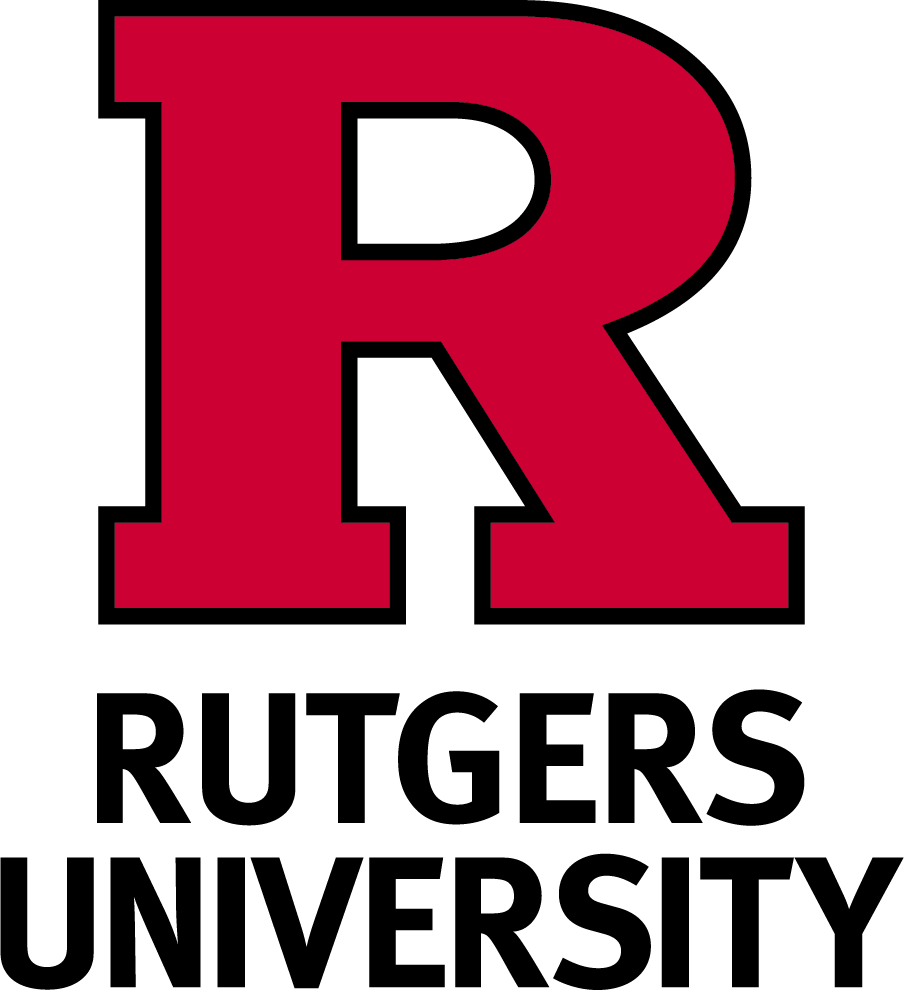The AI Ethics Lab is an international research initiative dedicated to examining the ethical and legal implications of artificial intelligence and analyzing its impact throughout the AI lifecycle, from design and development to deployment, use, and monitoring.
Founded by Principal Investigator Dr. Nathan C. Walker, a First Amendment and human rights educator at Rutgers University-Camden, the values-driven lab embraces a solutions scholarship methodology. Researchers in the lab identify moral challenges and actively develop practical policy strategies to foster responsible technologies that benefit humanity and the environment.
The AI Ethics Lab offers a range of research and educational programs designed to advance the ethical use of AI across academia, nonprofit organizations, government, and industry.

Rutgers University-Camden, New Jersey, USA
The AI Ethics Lab officially resides within the Department of Philosophy & Religion in the College of Arts and Sciences, which sponsors courses and research about the various ways in which human beings understand and express the nature and meaning of reality, knowledge, life, the self, societies, ethics, and values.
The Philosophy department offers the undergraduate course AI & Society for general education credit in Ethics & Values. The undergraduate seminar, AI & Vulnerable Humans, is offered through the Honors College.
The graduate course, AI Ethics & Law, is offered through the M.A. and M.P.S. Emerging Media programs and as an elective for the M.S. Data Science, the M.S. Computer Science, and the M.A. Liberal Studies programs.